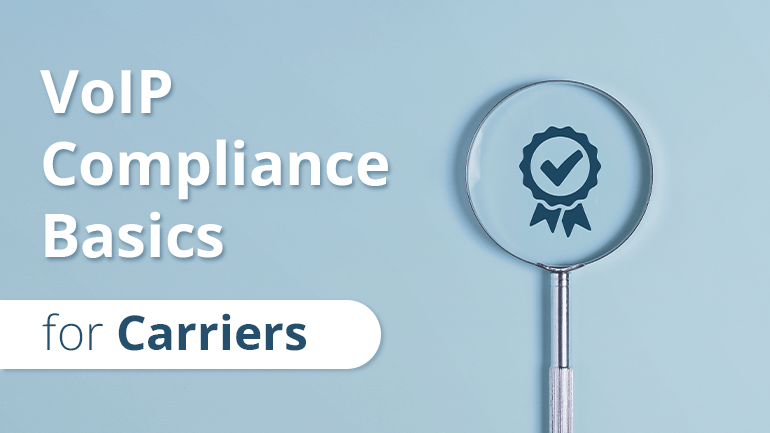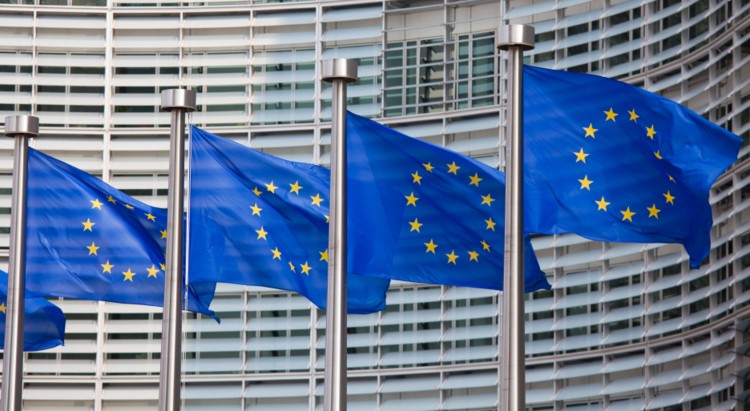Regulatory compliance is crucial for VoIP carriers to ensure the delivery of reliable communication services. Non-compliance can result in severe penalties, loss of licenses, and reputational damage. This article provides an overview of key regulations, such as data protection and emergency services, that carriers must navigate to operate legally and protect consumers.
As anticipated, the European Parliament has voted in favour of the European Electronic Communications Code (EECC). The new EU telecoms rules will open the possibilities for faster access to radio spectrum waves and greater investments in high-speed connectivity. They will also ensure better protection and services for end-users of either traditional (calls, SMS) or web-based solutions (Skype, WhatsApp, etc.). Vice-President for the Digital Single Market, Andrus Ansip, and Commissioner for Digital Economy and Society, Mariya Gabriel, made a joint statement, which said, “Today’s vote by the European Parliament is a positive and necessary step towards ensuring that the telecoms sector in the EU is fit for purpose.” “The new telecoms rules that will now be put in place as a result, are an essential building block for Europe’s digital future and a source of new digital rights for European citizens. They are crucial for meeting Europeans’ growing connectivity needs and boosting…
Today, 14th November 2018, the European Parliament is expected to vote on the final approval of the European Electronic Communications Code (EECC), which digs deeper into the EU’s telecom regulatory context. This reform paves the way for new fibre and 5G networks, and also expands the level of consumer protection available to the subscribers of telecom and OTT services. The EU officials first presented the Digital Single Market (DSM) strategy in May 2015, and the following year they introduced a connectivity agenda with proposals for the telecom sector. The DSM strategy contains diverse subjects, including support for cross-border e-commerce, prevention of geo-blocking, expansion on EU policies for the cloud, AI and competitiveness. The key legislation for the DSM must be completed by May 2019. It will presumably assist in reaching the new targets for broadband connectivity set by the Commission for 2025: gigabit speeds for digital businesses and public…






